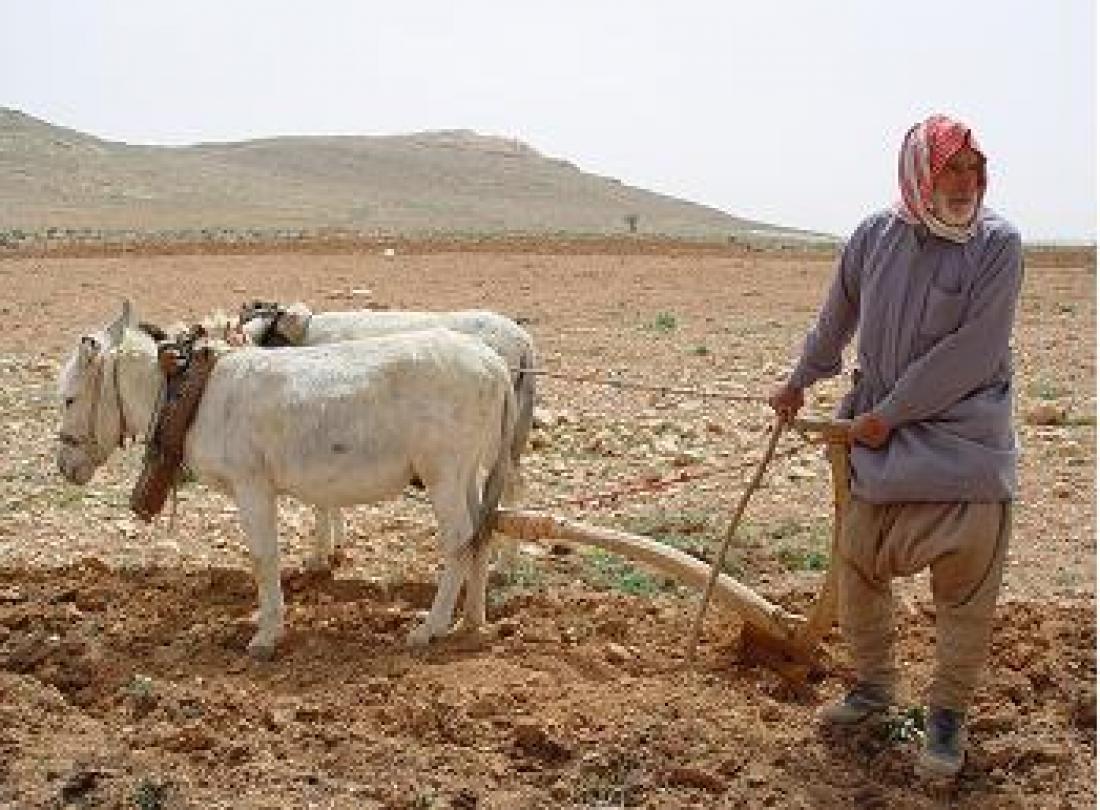New agricultural techniques have helped settle conflicts over land use in Arsaal, Lebanon. In doing so, they’ve improved soils and increased fruit crops. The research, supported by IDRC, also introduced new income-earning activities for women, further reducing pressures on the land.
In the remote mountainous village of Arsaal, a land dispute between herders, fruit growers, and quarry operators had degraded water and land—and thus threatened livelihoods.
IDRC-funded researchers from the American University Beirut (AUB) set out in 1990 to resolve the issue. They first established a local users’ network through which farmers, scientists, local leaders, women’s groups, and others could work collaboratively. This led to the introduction of a number of measures to preserve the environment and boost people’s incomes. For instance, growing legumes under the fruit trees yielded fodder for the flocks and increased soil fertility. Applying Geographic Information System technology helped identify the best sites for orchards and for locating small irrigation reservoirs.
Two cooperatives were established, one for livestock herders—the first in Lebanon—and another, run by women, to process fruit and weave carpets for sale.
Equally important, open communications were reestablished within the community through traditional management councils (or majilis), which brought people together, and using new tools, such as video, which allowed the conflicting parties to consider their situations from a distance.
The research has since spawned a research centre — AUB’s Environment and Sustainable Development Unit — that has blossomed into “a major actor in research and development at the regional level,” says director Shadi Hamadeh. For more than a decade, the unit has applied the same participatory methodology developed in the Arsaal project to issues such as urban agriculture across the Middle East.
----------------------------------------------------------------
“It’s very important to have tangible results while the research is being done. In Arsaal, there was support for farmers to vaccinate their flocks, and a lot of work on water harvesting and drain management. These kinds of things are very important in keeping the community on board with the broader objectives of the research.”
— Shadi Hamadeh, Director, AUB Environment and Sustainable Development Unit
-----------------------------------------------------------------



